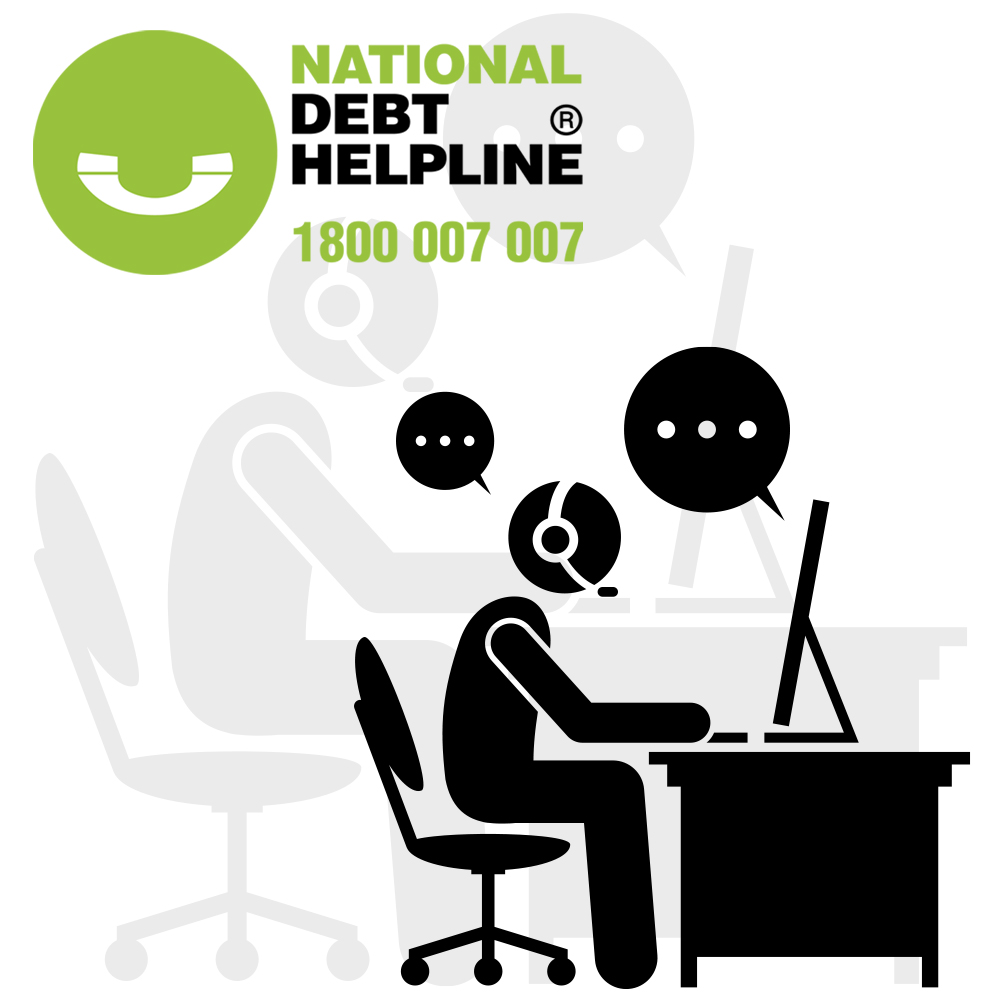
The Albanese Labor Government is ensuring vulnerable Australians experiencing financial stress and hardship have the support they need to manage their finances.
No Australian should be held back because they are struggling.
To assist, the government is boosting and expanding the National Debt Helpline – along with funding better coordination, training and support for staff – by $44.1 million over the next five years.
More than 200,000 people will be supported to navigate financial crises and build their financial capability, wellbeing and resilience because of the funding.
Minister for Social Services Amanda Rishworth, said the investment reflects the Government’s commitment to supporting Australians most at risk of financial and social disadvantage.
“Our Government wants to ensure vulnerable Australians experiencing financial stress have access to the support they need, and we are addressing national demand for financial wellbeing services,” Minister Rishworth said.
“This funding is vital for those struggling to receive help to manage their finances, reduce debt and build a stronger, more secure future for themselves, their families and communities. Longer five-year funding agreements will also provide stability and certainty for organisations providing National Debt Helpline services.”
The National Debt Helpline provides free, accessible financial counselling services for people in Australia experiencing financial difficulties or to help find solutions and manage their debt. Contact can be made via phone or online through web chats.
Funding of $27.4 million will be distributed between eight organisations to support the National Debt Helpline, along with the expansion of an online booking system trialled in South Australia, Western Australia and the Northern Territory, so people who need support can get it in a way that best suits them.
Financial Counselling Australia will also receive $16.7 million to support the National Debt Helpline with coordination and training and other programs to assist the needs of Australians in financial difficulty – ensuring staff have the most up to date resources to best support Australians using the service.
Financial Counselling Australia Co-CEO Peter Gartlan has welcomed the continued investment and support for financial counselling in Australia.
“This funding comes at a vital time for the sector and those in financial stress,” said Mr Gartlan. “Financial counselling services are in high demand with the current cost-of-living pressures, and this means people who are struggling can continue to get free and independent help from the National Debt Helpline and other financial counselling agencies. There is no shame in seeking help from a financial counsellor. In fact, it may be the smartest decision you will ever make.”
During 2024 more than 169,000 people called in or used the online chat tool to seek help from financial counsellors; a 12% increase on 2023. Total visits to the NDH website also increased by 32%, with almost 647,000 visits last calendar year compared with 490,522 the year before. The NDH is a free and independent service for people in financial hardship which is coordinated by Financial Counselling Australia (FCA).
“The increase in people coming to the NDH for help shows how difficult it is for many people at the moment,” said Mr Gartlan. “Cost of living pressures are mounting and having a significant impact on the financial wellbeing of many thousands of Australians. The good news is, there is help available and you don’t have to pay for it. Financial counsellors are professionally trained and able to guide those who are struggling with debt and bills.”
People contact the NDH for various reasons but the top issues over 2024 were the following:
- Housing stress (mortgage, rent, rates and body corporate)
- Utilities
- Credit card debt
- Personal loans
- Buy now pay later
- ATO debt
Anyone who is struggling financially can contact the National Debt Helpline on 1800 007 007 or visit ndh.org.au for self-help and chat.
Further information on financial services, including how to find financial wellbeing providers, is available on the Department of Social Services website .